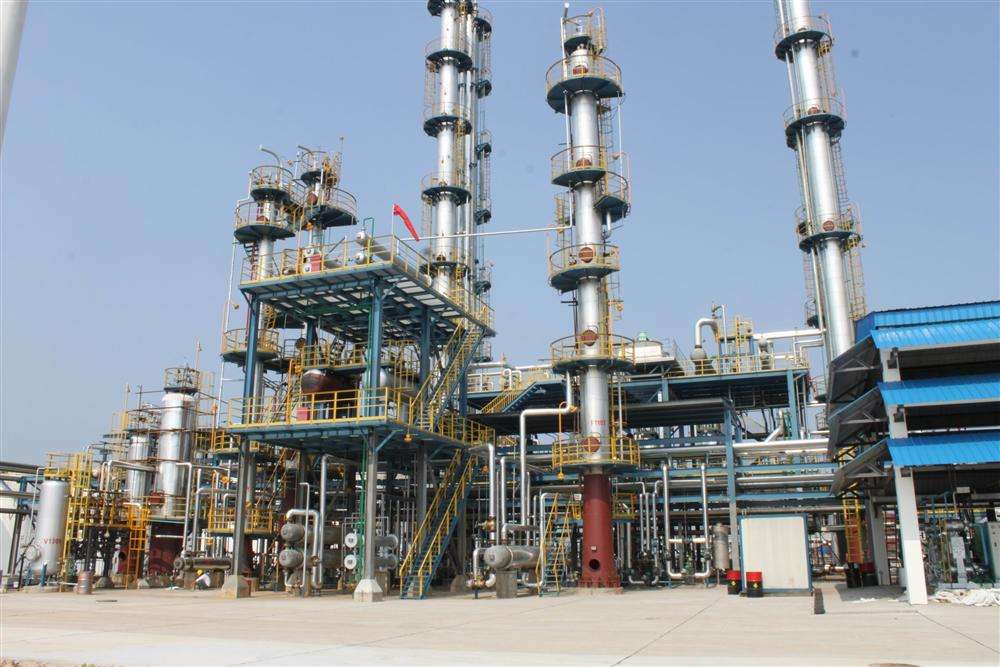What are the applications of a phenol alkylation plant?
Phenol alkylation plants are integral components of the petrochemical industry, playing a crucial role in the production of various chemicals and materials essential for modern life. In this comprehensive guide, we'll delve into the operations, applications, and significance of phenol alkylation plants in today's industrial landscape.

Phenol alkylation is a chemical process that involves the reaction of phenol with an alkylating agent, typically olefins or alcohols, to produce alkylated phenols. This reaction is commonly catalyzed by acidic catalysts, such as sulfuric acid or hydrofluoric acid, which facilitate the addition of alkyl groups to the phenol molecule.
Key Components
Phenol alkylation plants consist of several key components, including:
Reactor: Where the alkylation reaction takes place under controlled conditions of temperature and pressure.
Feedstock Handling System: Responsible for the storage and delivery of phenol and alkylating agents to the reactor.
Separation Units: Phenol Used to separate the desired alkylated phenol product from unreacted phenol and other by-products.
Utilities: Provide the necessary utilities such as steam, cooling water, and power for plant operations.
Applications of Alkylated Phenols
Alkylated phenols produced in phenol alkylation plants find widespread applications across various industries, including:
Surfactants: Alkylated phenols serve as key ingredients in the production of surfactants used in detergents, cleaners, and personal care products.
Antioxidants: Alkylated phenols are utilized as antioxidants in the manufacturing of rubber, plastics, and lubricants to prevent degradation and extend product lifespan.
Flame Retardants: Certain alkylated phenols exhibit flame-retardant properties, making them valuable additives in the production of fire-resistant materials.
Pharmaceuticals: Alkylated phenols are used as intermediates in the synthesis of pharmaceutical compounds, including pharmaceutical-grade antioxidants and preservatives.
Environmental Considerations
While phenol alkylation plants play a vital role in supporting industrial processes and supplying essential materials, it's essential to address environmental considerations associated with their operations.
Waste Management
Phenol alkylation processes may generate waste streams containing unreacted phenol, alkylating agents, and by-products. Proper waste management practices, including recycling and treatment, are essential to minimize environmental impact and ensure regulatory compliance.
Emissions Control
Efforts to control emissions of volatile organic compounds (VOCs) and hazardous air pollutants (HAPs) are crucial for mitigating the environmental impact of phenol alkylation plants. Implementing emission control technologies and monitoring systems can help reduce atmospheric pollution and protect air quality in surrounding communities.
Conclusion
Phenol alkylation plants play a pivotal role in the production of alkylated phenols, which serve as essential building blocks for numerous industrial applications. By understanding the operations, applications, and environmental considerations associated with these plants, stakeholders can work towards ensuring sustainable and responsible production practices in the petrochemical industry.
评论
发表评论